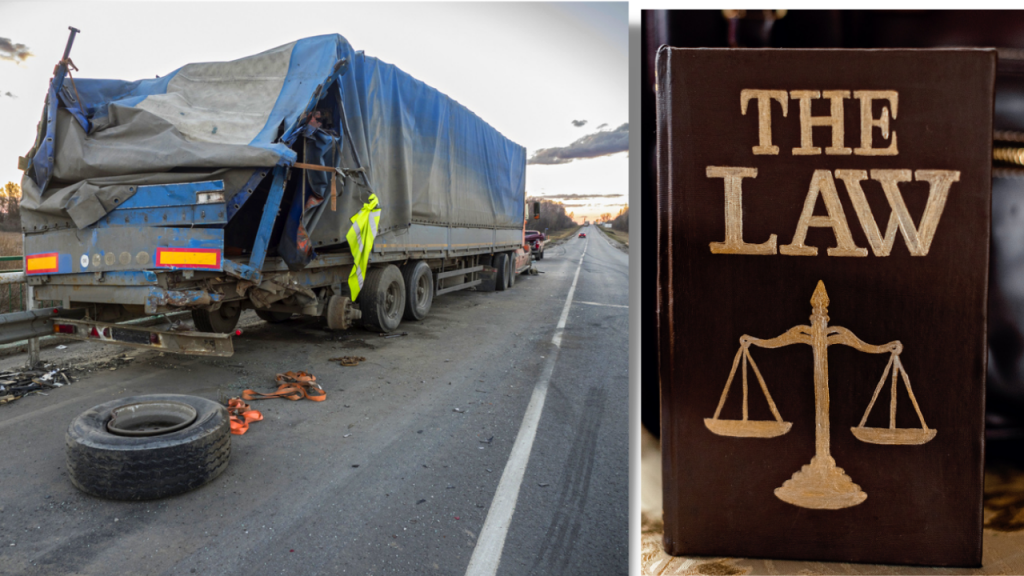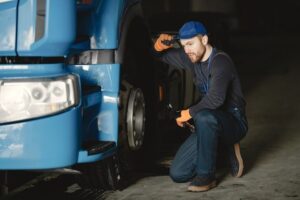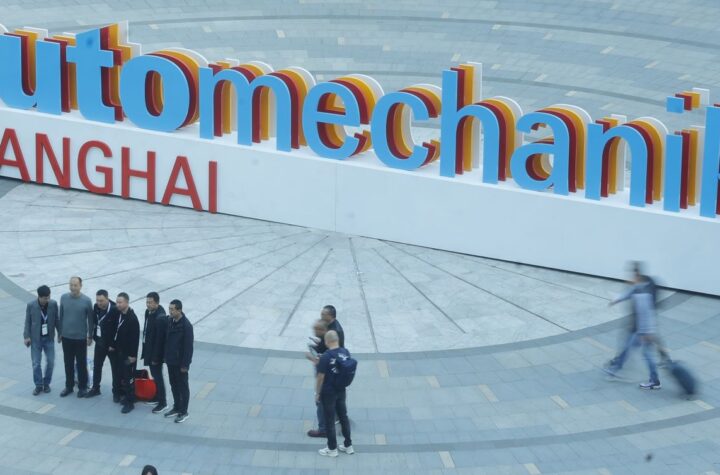
Truck accidents can have devastating consequences, including injuries, fatalities, and property damage.
One of the common causes of truck accidents is equipment failure. In this article, we’ll explore the different types of equipment failures that can lead to these accidents, their causes, and their impact on our roads.
Types of Equipment Failure
Equipment failure is a major culprit in truck accidents. Several types of equipment failures can contribute to these accidents:
- Brake system failures: Faulty brakes can lead to loss of control, especially during emergencies.
- Tire blowouts: A sudden tire blowout can cause a truck to veer off the road or jackknife.
- Steering system malfunctions: A malfunctioning steering system can make it difficult for drivers to control their trucks, leading to accidents.
- Engine failures: Engine failure can cause a truck to lose power and become a hazard on the road.
- Electrical system failures: Electrical problems can affect various truck components, leading to accidents.
Causes of Equipment Failure
Several factors can contribute to equipment failure in trucks:
- Lack of proper maintenance: Regular maintenance is crucial to prevent equipment failures. Neglecting maintenance can lead to worn-out parts and components.
- Overloading and misuse: Exceeding a truck’s weight capacity or using it for purposes it wasn’t designed for can put excessive stress on its components.
- Defective parts and components: Faulty parts can lead to equipment failure, even with proper maintenance.
- Adverse weather conditions: Extreme weather conditions like heavy rain or snow can contribute to equipment failures.
- Driver error: Driver fatigue, distraction, or improper operation can contribute to equipment failures and accidents.
Impact of Equipment Failure on Truck Accidents
Equipment failures can have a significant impact on truck accidents:
- Loss of control: Brake system failures or steering system malfunctions can lead to loss of control, making it difficult for drivers to avoid accidents.
- Jackknifing: Tire blowouts or brake failures can cause trucks to jackknife, which can be difficult to recover from and can lead to other vehicles being involved.
- Rollover accidents: Loss of control or tire blowouts can increase the risk of rollover accidents, which can be particularly dangerous for trucks.
- Head-on collisions: Equipment failures can contribute to head-on collisions, which are often fatal.
Prevention Strategies

To prevent equipment failures and reduce the risk of truck accidents, several strategies can be implemented:
- Regular maintenance and inspections: Regular maintenance and inspections can help identify and address potential problems before they lead to failures.
- Driver training and education: Providing drivers with proper training and education on equipment maintenance and safe operation can help prevent accidents.
- Compliance with safety regulations: Ensuring compliance with safety regulations can help ensure that trucks are maintained and operated safely.
- Technological advancements: Advancements in technology, such as telematics systems and predictive maintenance, can help identify and address potential equipment failures before they occur.
Addressing Equipment Failure in the Trucking Industry
The trucking industry, regulatory bodies, and manufacturers play important roles in addressing equipment failures and improving road safety:
- Improved maintenance standards: Stricter maintenance standards can help ensure that trucks are properly maintained and inspected.
- Enhanced safety regulations: Strengthening safety regulations can help prevent equipment failures and hold those responsible accountable.
- Technological innovations: Investing in technological advancements can help improve the safety and reliability of trucks.





More Stories
Automotive Industries – The Ultimate Guide: High School Students’ Roadmap to College
Flexible Fleet innovation redefining corporate mobility with Hyundai and Casi driving sustainable and scalable Solutions
The Role of AI in Enhancing Knowledge Sharing and Collaboration Within Organizations